If we were able to somehow quantify the most uncharitable and demanding of sports’ fanbases, chances are that boxing would rank high on the list. This is particularly evident in the British context, where amateur prodigies are burdened by high expectations to transition seamlessly into professional superstars.
The differences between amateur and professional boxing are frequently overlooked, but can be summarised thus: the primary purpose of the former is to score points, whereas the latter has more of an emphasis of doing damage to your opponent. It is little wonder, therefore, that some of the most dominant amateurs have failed to replicate their successes as a professional.
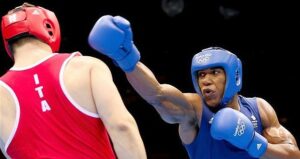
Of course there are numerous exceptions; Amir Khan and James DeGale, to name a few; and it is important to note that this is something that is not an exclusively British phenomenon. On the contrary, the UK amateur system seemingly does a better job than most at churning out competent professionals.
At the same time, an inordinate amount of pressure from the media and public is invariably placed on the top British amateur superstars to become world champions, something which has produced mixed results. Audley Harrison, for example, experienced some difficulties in adjusting and his most meaningful ventures as a professional largely ended in disappointment.
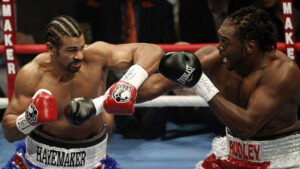
Whether this was mainly due to his own approach to fights or attributable to external factors is up for debate, but there can be no doubt that there is not one single explanation for his shortcomings as a professional, as well as the other cases of other British amateur prospects who have fallen short.
Indeed, fighters would be forgiven for thinking they cannot win in the current climate. British fans are discerning and knowledgeable, and are renowned worldwide for being difficult to please. If a fighter produces a lacklustre performance or is the beneficiary of some dubious judging, you can be sure that British fight fans will let them know about it.
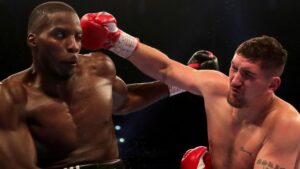
Similarly, if a fighter is perceived as ducking or avoiding an opponent, fans will also rigorously hold the promoters and matchmakers to account. If a fighter routinely dispatches of opposition in clinical style, the impressive manner of his victories will be completely disregarded and instead he will be dismissed as a ‘cherry-picker’. If a fighter gets resoundingly defeated by a superior counterpart, he is subject to widespread ridicule and derision as a ‘hype-job’.
There are certainly heartening signals from the current crop of British prospects, who are taking significant fights relatively early in their careers and appear resolved to gamble for glory despite the fact that they are in the early stages of their professional career.
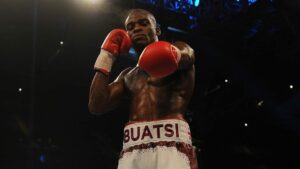
Josh Taylor is regarded by many as the best in his division. Lawrence Okolie’s accomplishments in his eleven-fight career are nothing short of remarkable. Fellow Londoner Anthony Yarde, meanwhile, has come under sustained criticism for consistently fighting obscure opposition, despite his severely limited amateur experience.
Ultimately, fighters must be allowed to breathe. While fans, who are sometimes reluctant paying consumers, have every right to agitate for the best possible fights to be made, they must also take some responsibility for the heightened commercial value of the ‘0’, something which generally does not extend to other sports.
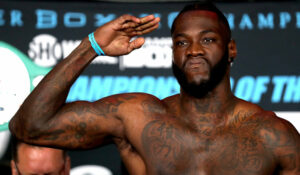
Perhaps this is simply the nature of modern boxing, but fans must acknowledge that suffering a setback, or even several, is not necessarily the end the world. Until they do this, they have little ground to complain if certain fighters appear reluctant to take risks in an already unforgiving, punishing and brutal sport.
Article by: Navi Singh
Follow Navi on Twitter at: @DarkMan_______